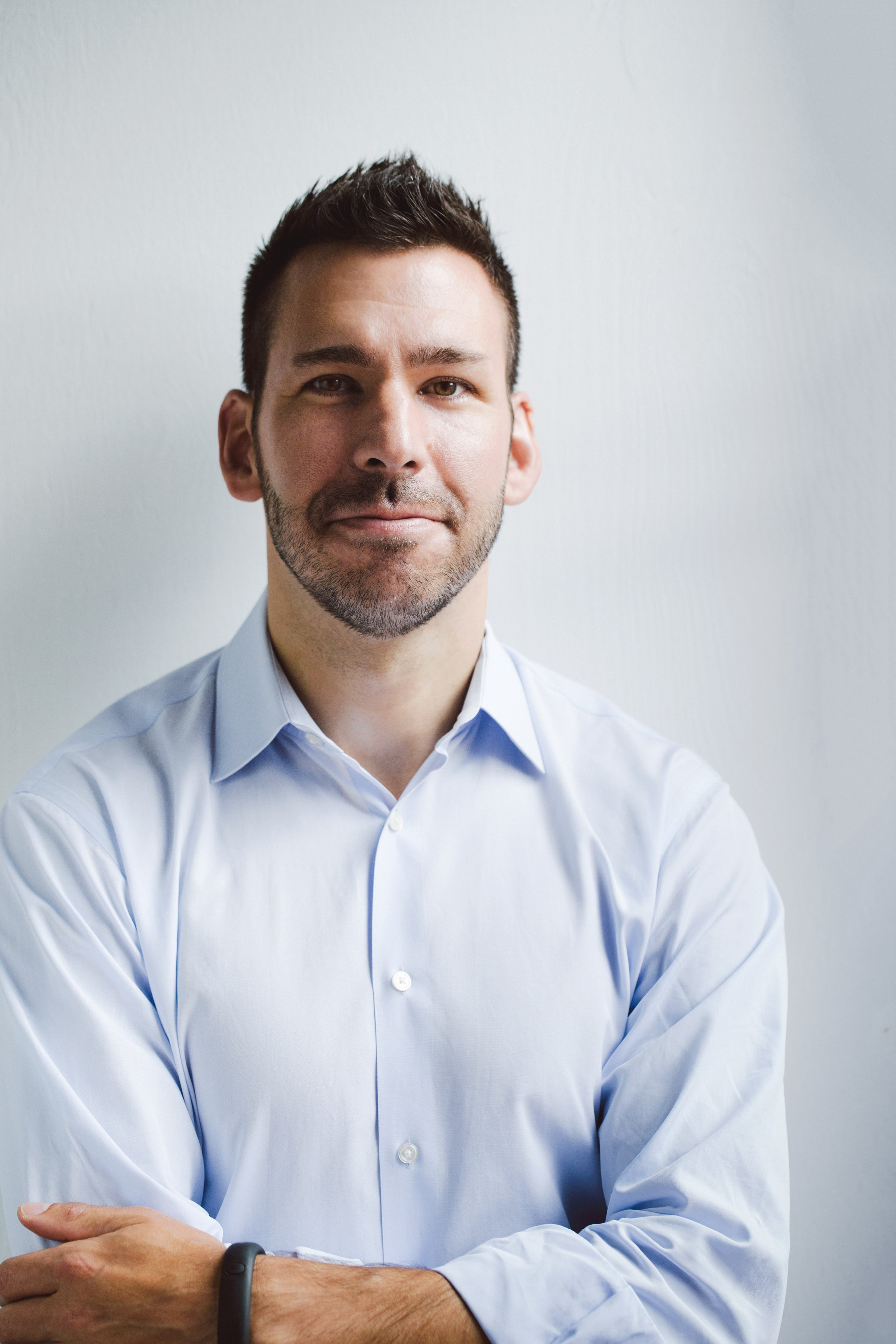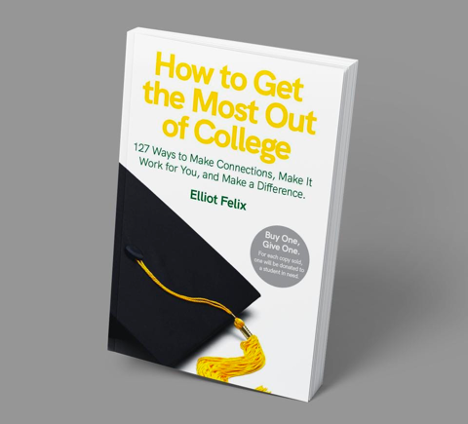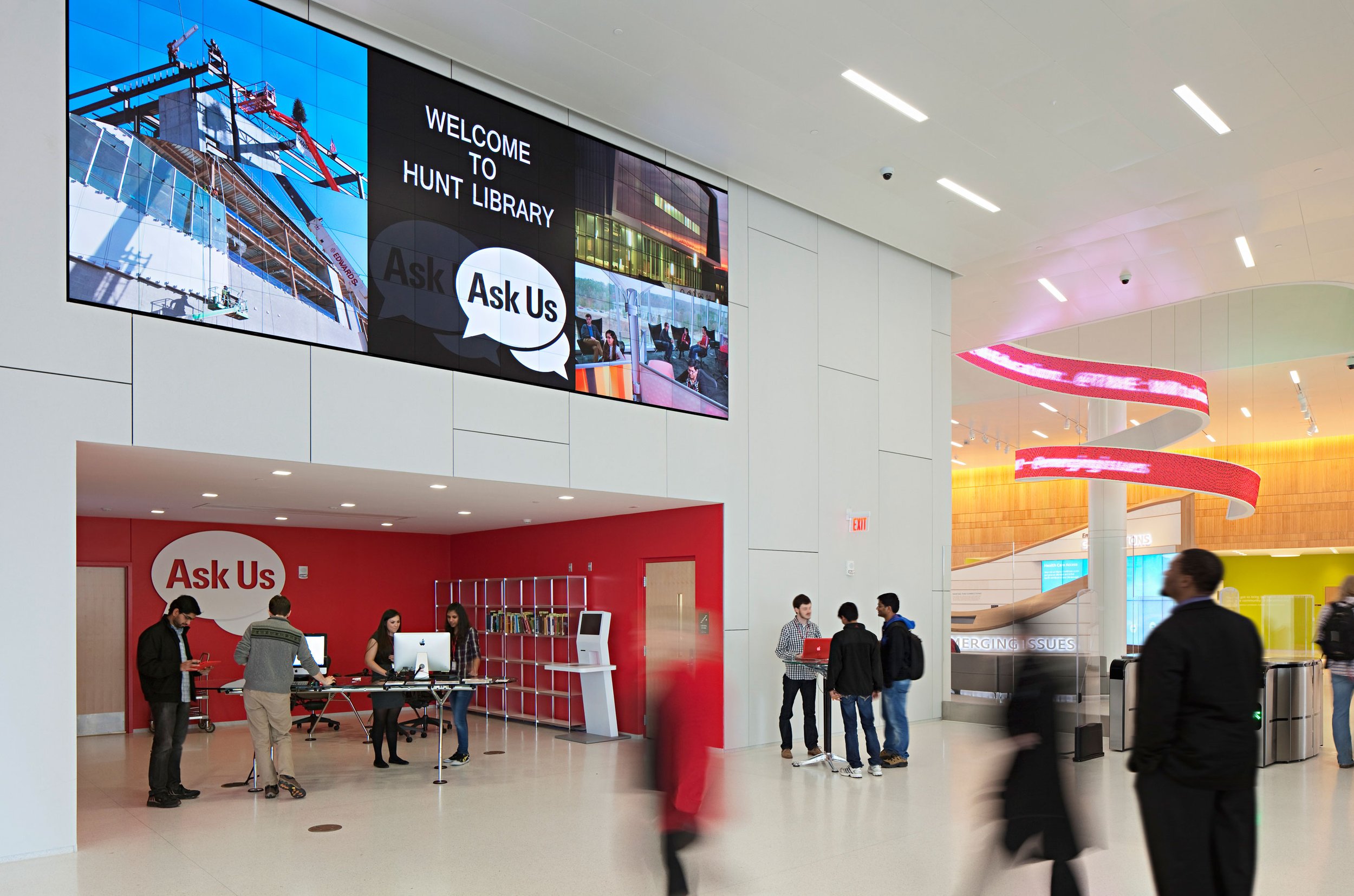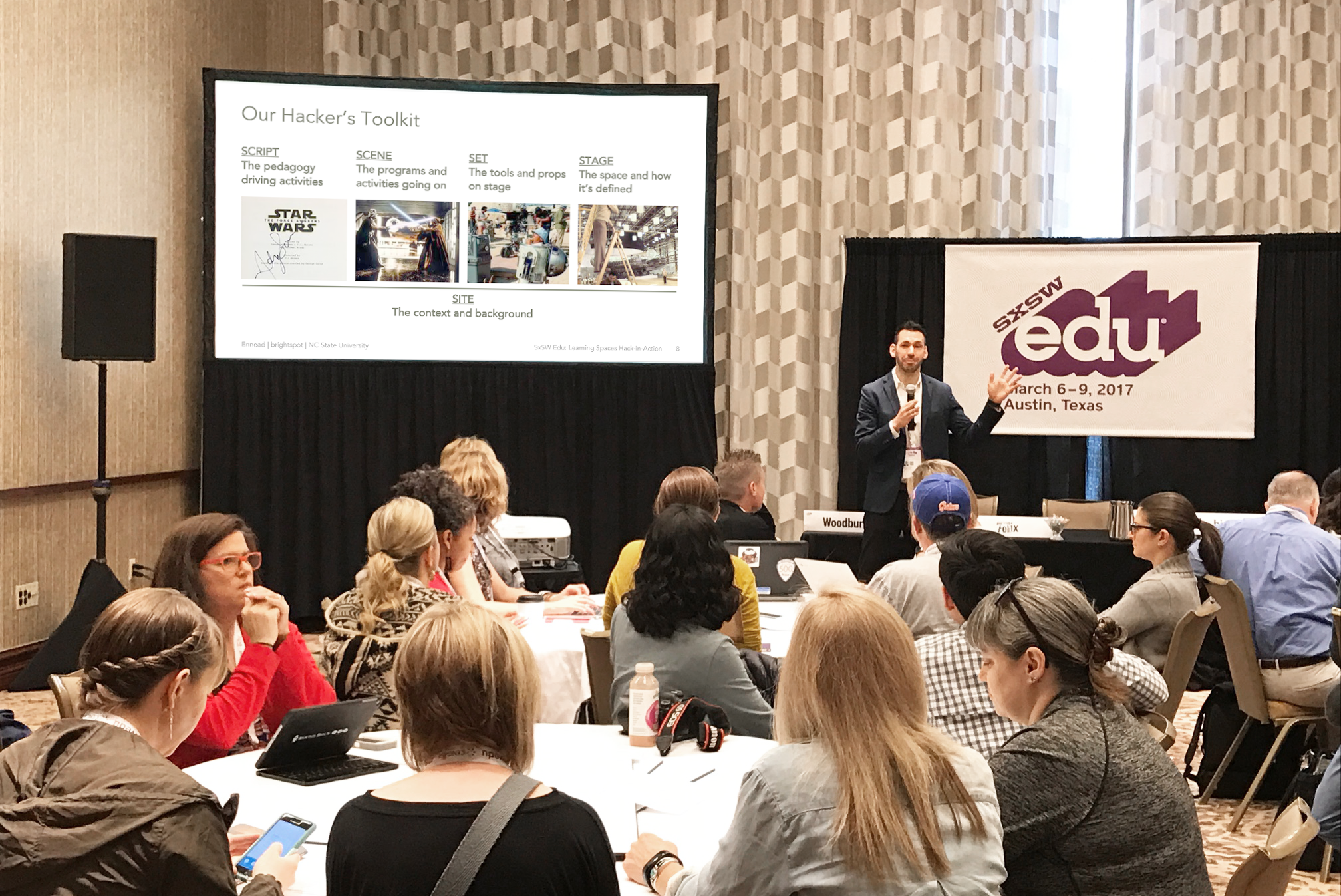What is your name, current location, and current occupation?
Elliot Felix
Minneapolis, MN
Founder of brightspot Strategy and Partner at Buro Happold
What was your affiliation with MIT?
MArch ‘06
What was your thesis title, if you completed one?
The Subway Libraries (Pdf summary article here)
What are you doing today?
In 2020, brightspot became a Buro Happold company and I went from leading a 15-person boutique higher education consultancy to being one of 70 partners in a 2,000 person global engineering and consulting firm. So, I now am leading and scaling brightspot while enhancing our work by incorporating the expertise of our new colleagues in sustainability, technology, economics, and more.
To share what I’ve learned as a consultant to more than 100 colleges and universities – including MIT’s Schwarzman College of Computing, Sloan School, and Libraries! – I wrote a book on the college student experience. How to Get the Most Out of College helps students and families make the everyday decisions that help them learn, belong, and succeed. It helps students understand themselves and their options during the search process, guides them through classes, clubs, and careers, and provides specific advice for different student identities such as first generation students, international students, students with disabilities, LGBTQ+ students, students of color, and more.
Do you think your career path has been unorthodox or nontraditional?
I went into MIT as an architect. I came out as a designer, eager to design not only spaces, but services, systems, and organizations as well. MIT was the perfect place to uncover this non-traditional path.
After graduation, I started down this path first by working at a research and design consultancy called DEGW that was co-founded by an MIT visiting professor, Frank Duffy, where I got to work with several fellow MIT alums
Next, I founded my own strategy consultancy called brightspot that helps colleges and universities attract and retain students by the campus, support services, and technology that make up the student experience
How did your time at MIT affect your career path?
MIT was and is such an inspiring place, not only what we were learning in the studio and classroom but the community that you are part of, with so many brilliant people so eager to share, help, and work together. I learned the skills and made the connections across disciplines and between people that help me every day.
While in student government, I also did a project that foreshadowed the kind of work I do professionally: we surveyed students, facilitated town hall meetings, and analyzed our department in comparison to others to identify problems and propose solutions to improve the student experience. In the end, we ended up gaining more visibility and support for thesis work, doubling the compensation of TAs, and adjusting the schedule grid to facilitate taking classes outside the department.
What are you excited about in your career field today?
Unfortunately, the pandemic amplified the inequities of higher education with many students struggling to have the time, space, technology, and support they need to succeed. But fortunately, it made these inequities more visible and I’m excited and hopeful to see so many colleges and universities adapting to focus on better supporting their students.
What is advice you would give to a new alum coming out of MIT?
Reflect on what made your MIT experience great – was it the challenging problems you got to work on? The amazing people? The collaborative culture? Then use that to guide where you go next and what you work on. If you are able, don’t be afraid to take some time to find the next step on your path. I had a few freelance gigs for 6 months after graduation before I found the right place for me to go next.
What are you trying to learn right now?
The most interesting aspect of my research for my book How to Get the Most Out of College was the role of belonging for students – feeling like you are part of something and are understood, cared for, and supported. From this, I realized how important identity centers like a first gen center, an LGBTQ+ center, or a multicultural centers are for students to belong. I’m now digging deeper into the role the spaces, programming, and staffing of these centers play in belonging and student success.
How can fellow alums reach you if they want to speak further (email address, website, etc)?
elliot@brightspotstrategy.com
www.brightspotstrategy.com
www.elliotfelix.com



